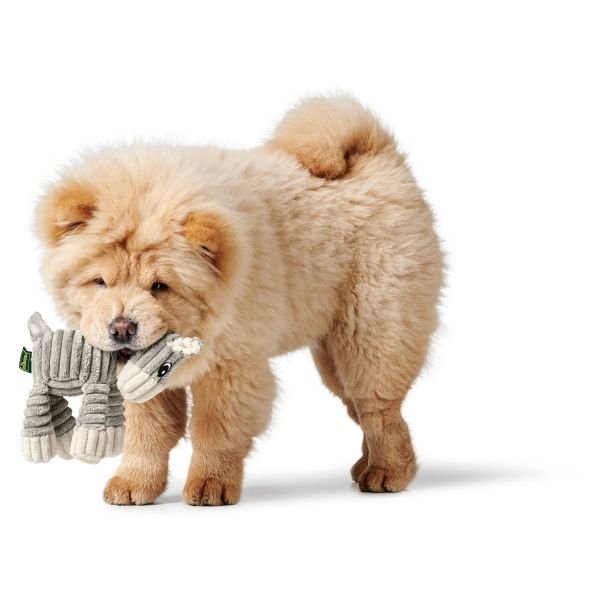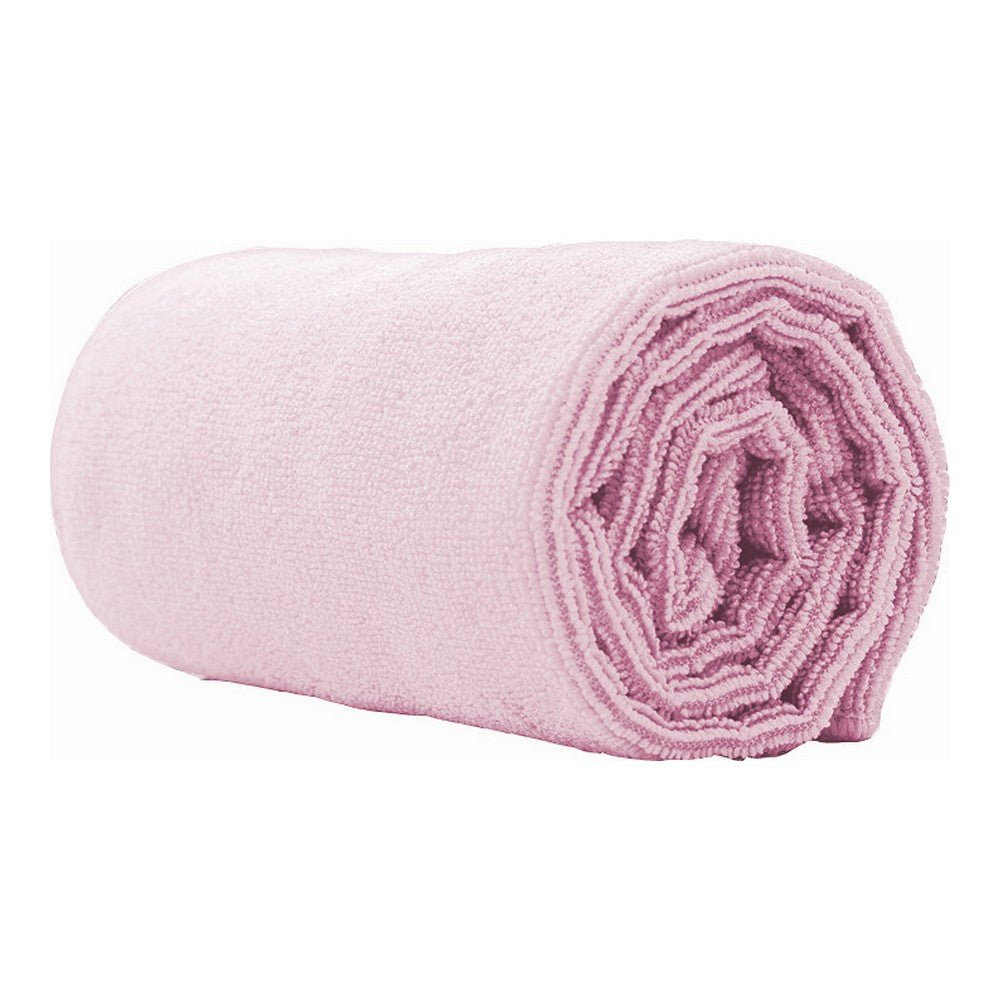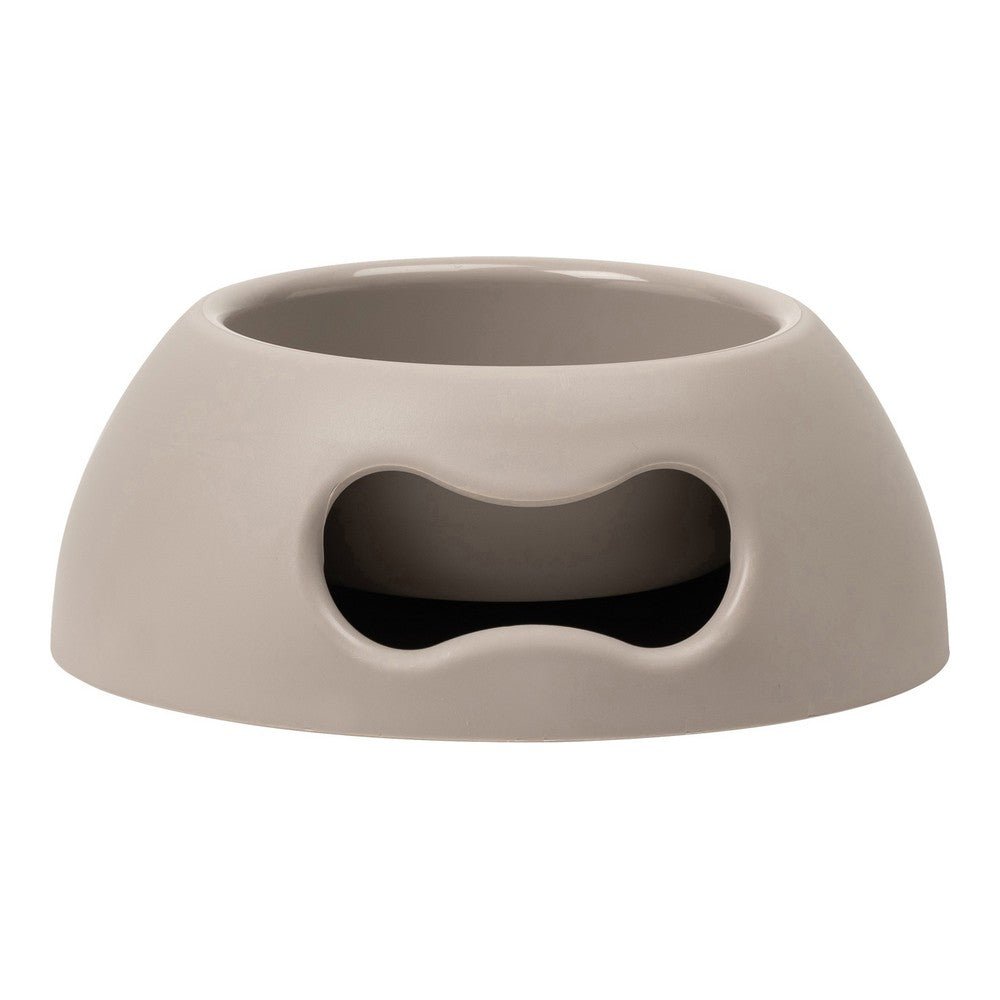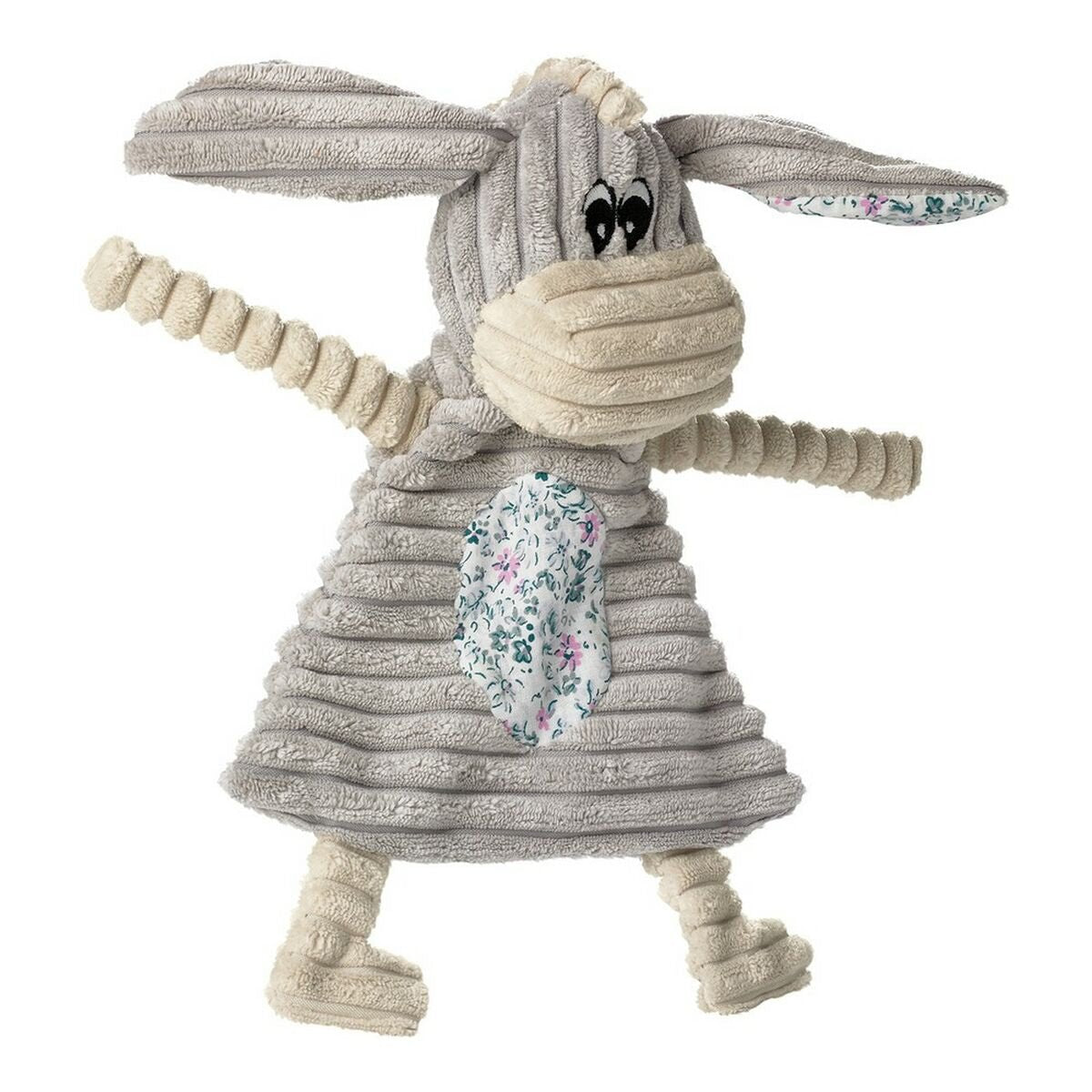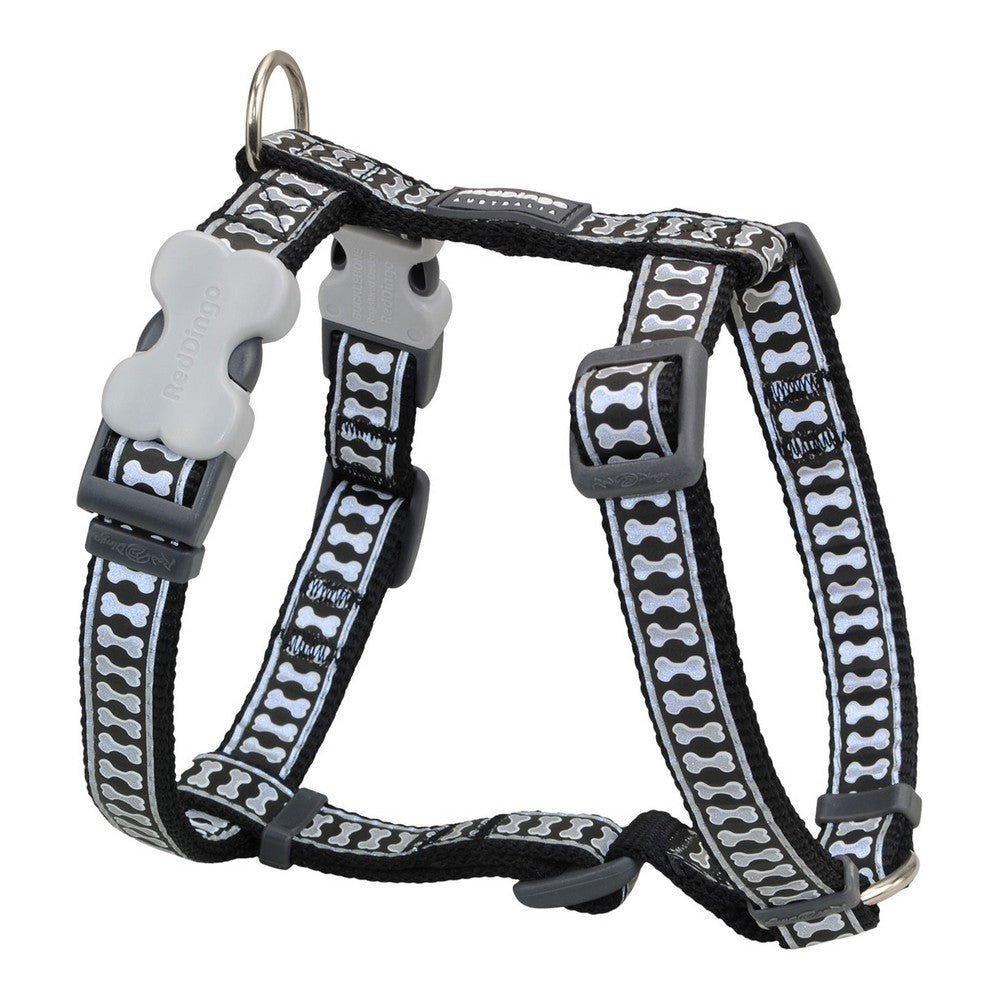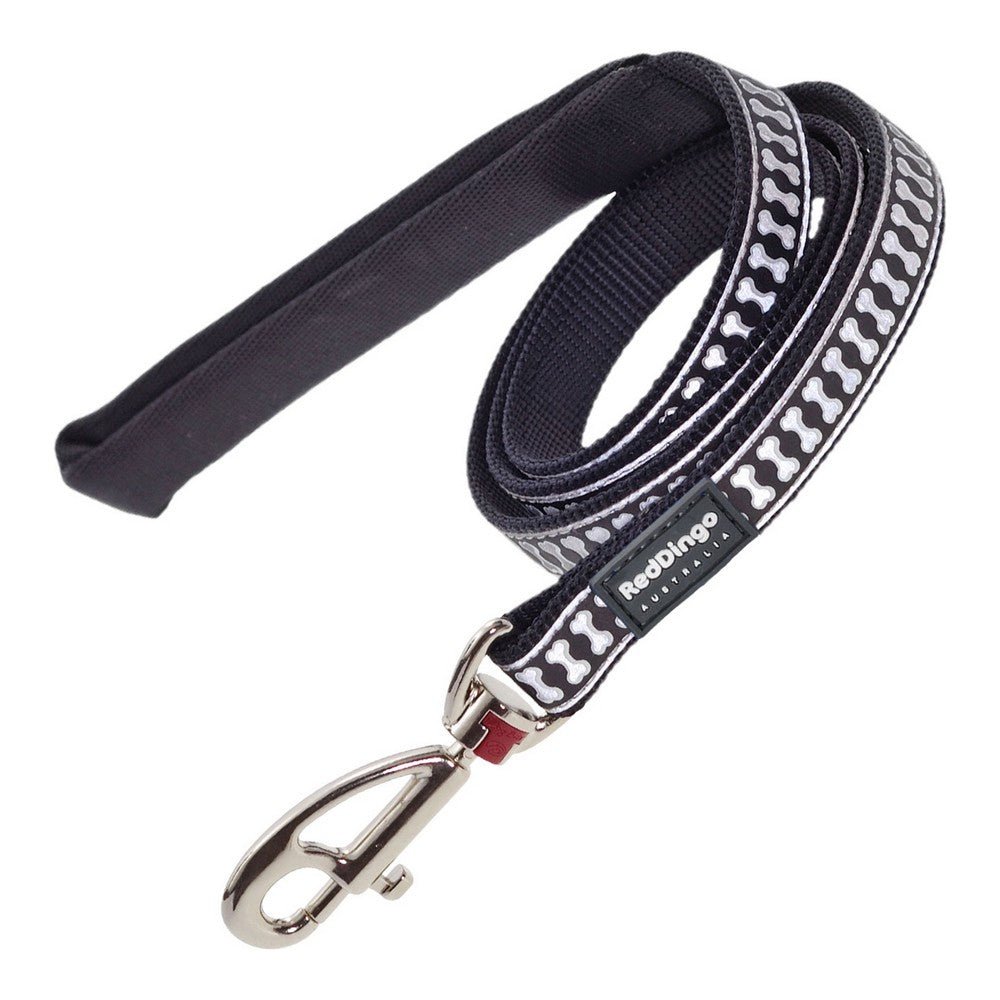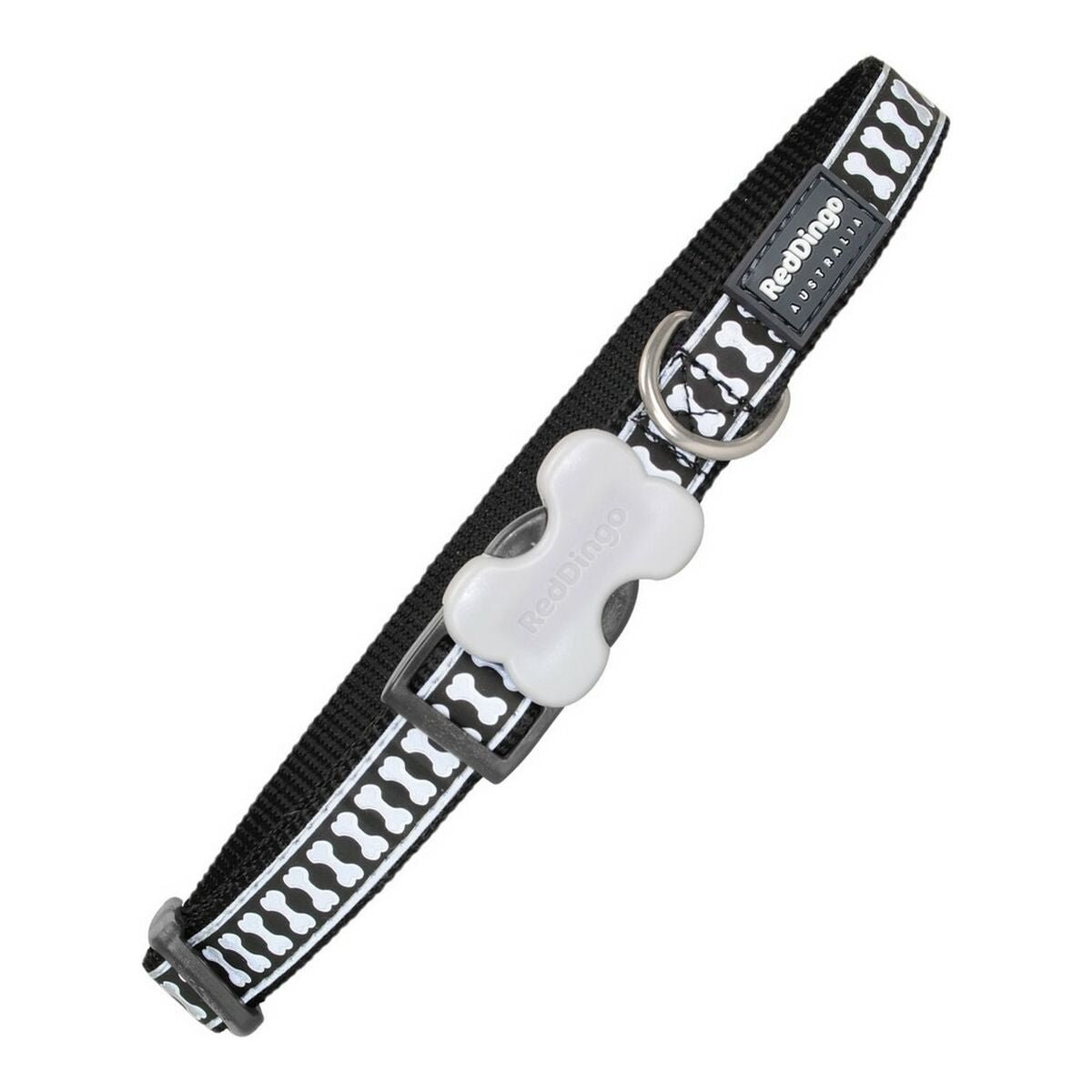When the puppy you love starts behaving differently and testing boundaries, it can be confusing. But don't despair! Your pet is just in the teenage phase and now needs your support more than ever. Let's explore what it means to have a sexually mature dog.
When does the dog become sexually mature?
Between 6-15 months, the dog begins to notice hormonal changes, although the timing varies depending on the size of the breed. This phase usually lasts until they are about 1.5 years old, but can vary. The dog is considered an adult when it is between 2-3 years old.
Characteristics of sexual maturity
- For bitches: The first run marks the beginning.
- For male dogs: Increased interest in bitches.
- Behavioral changes such as:
- Easier to be scared
- Sudden disobedience
- Increased self-confidence
The Challenges of the Teenage Dog
During this period, the dog may experience fear of familiar things or suddenly forget previously learned commands. Patience and understanding are key. Positive reinforcement and consistent training will help your dog through these challenges.
Tips for dealing with specific behaviors:
- For the easily startled: Introduce things slowly, from a distance, and reward calmness.
- For the disobedient: Review basic commands and reward for correct behavior.
- For the overconfident: Teach your dog desired behavior instead of simply ignoring unwanted behavior.
Mature Bitch and First Run
A dog's first run involves physical and behavioral changes. Bitch protection is recommended indoors to prevent stains.
Signs to look out for:
- Forgetfulness regarding room cleanliness.
- Increased interest in fragrances.
- Changes in social behavior.
Sexually mature male dog
With sexual maturity, male dogs may show increased interest in scents, which can lead to indoor marking. Splash guards can help prevent unwanted stains.
Important indicators of sexual maturity for male dogs:
- Frequent territory marking, also indoors.
- Strong interest in the scent of running bitches.
- Loss of appetite and general restlessness.
Conclusion: The teenage phase in dogs can be a challenging time for both dog and owner, but with patience, understanding and the right tools, you and your dog can get through it with mutual respect and a stronger bond than ever before.




